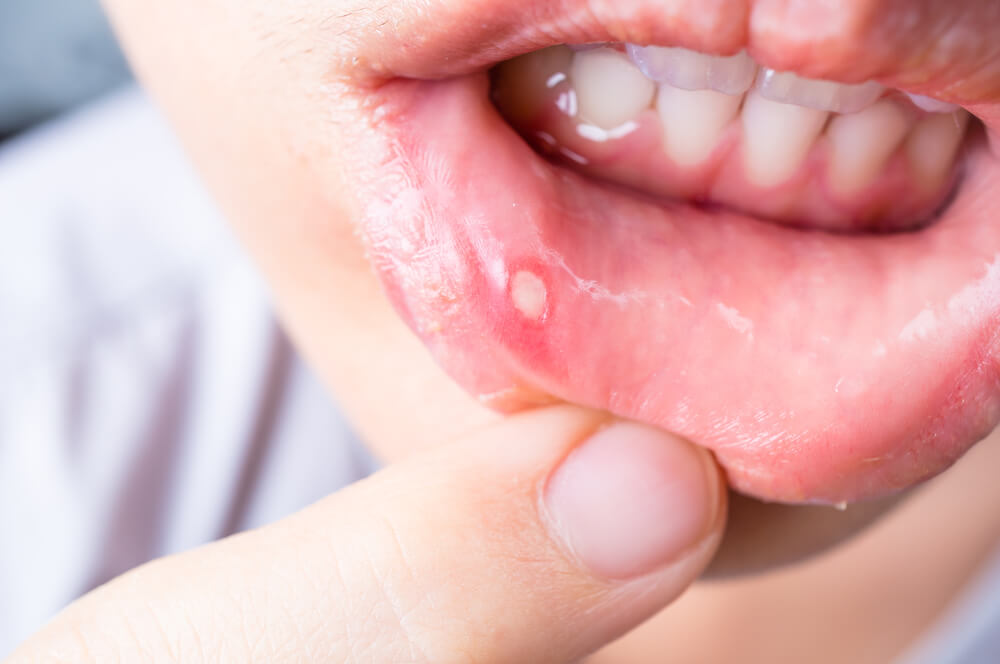But with certain habits and risk factors it s possible to suffer from palate cancer.
Hole in roof of mouth cancer.
The ulcer may bleed as the cancer grows.
This operation is called a maxillectomy or partial maxillectomy.
This is created by a prosthodontist a dentist with special training.
The bony hard palate in the front and the fleshy soft palate in the back of the mouth.
If cancer has grown into the hard palate front part of the roof of the mouth all or part of the involved bone maxilla will need to be removed.
Tobacco and alcohol use are risk factors for this type of cancer.
The hole in the roof of the mouth this operation creates can be filled with a special denture called a prosthesis.
Your soft palate is located on the upper portion of the back of your mouth behind your teeth.
Having an ulcer on the roof of your mouth also called your hard palate is a sign of mouth cancer.
The palate is divided into two parts.
Usually it s spotted first by your dentist so keeping regular dental exams can help with early detection.
The flat cells that cover the surfaces of your mouth tongue and lips are called squamous cells.
Doctors treat soft palate cancer similarly to the way they treat other types of throat cancers often with a combination of surgery radiation therapy and chemotherapy.
Mouth cancer is one of several types of cancers grouped in a category called head and neck cancers.
The disease can be treated with surgery radiation and chemotherapy.
Your soft palate the soft tissue at the roof of your mouth nearing the back of your throat acts as a protective shield for your body.
Cancer of the palate usually first noticed as an ulcer in the mouth.
Hard palate cancer is a type of head and neck cancer that begins when cells that make up the bony part of the roof of the mouth grow out of control and form lesions or tumors.
Roof of the mouth floor of the mouth under the tongue cancer that occurs on the inside of the mouth is sometimes called oral cancer or oral cavity cancer.
It can close off to protect your nasal passages when you sneeze or close off your airways when gagging.
The hard palate creates a barrier between the mouth and the nasal cavity.
The majority of mouth cancers begin in these cells.

